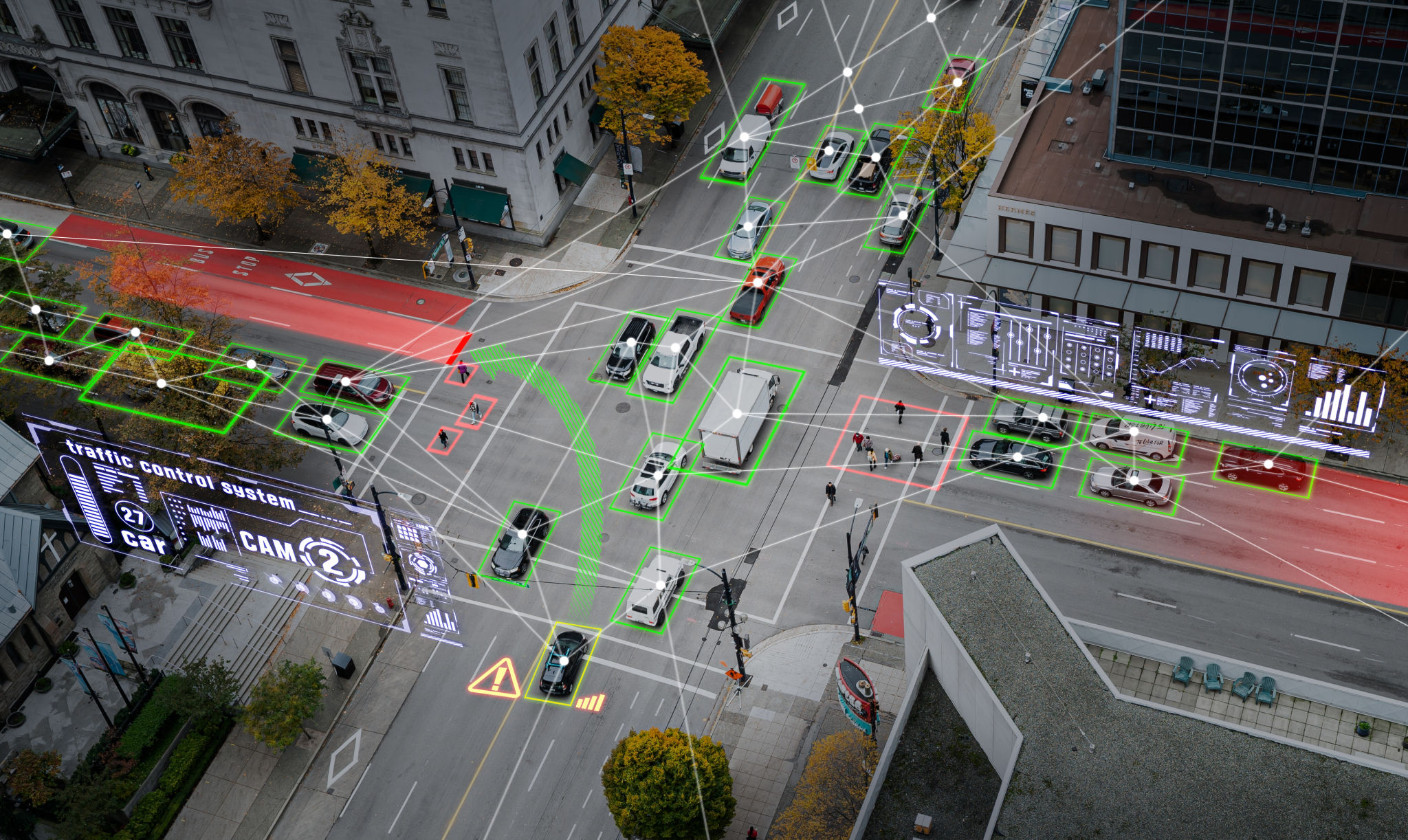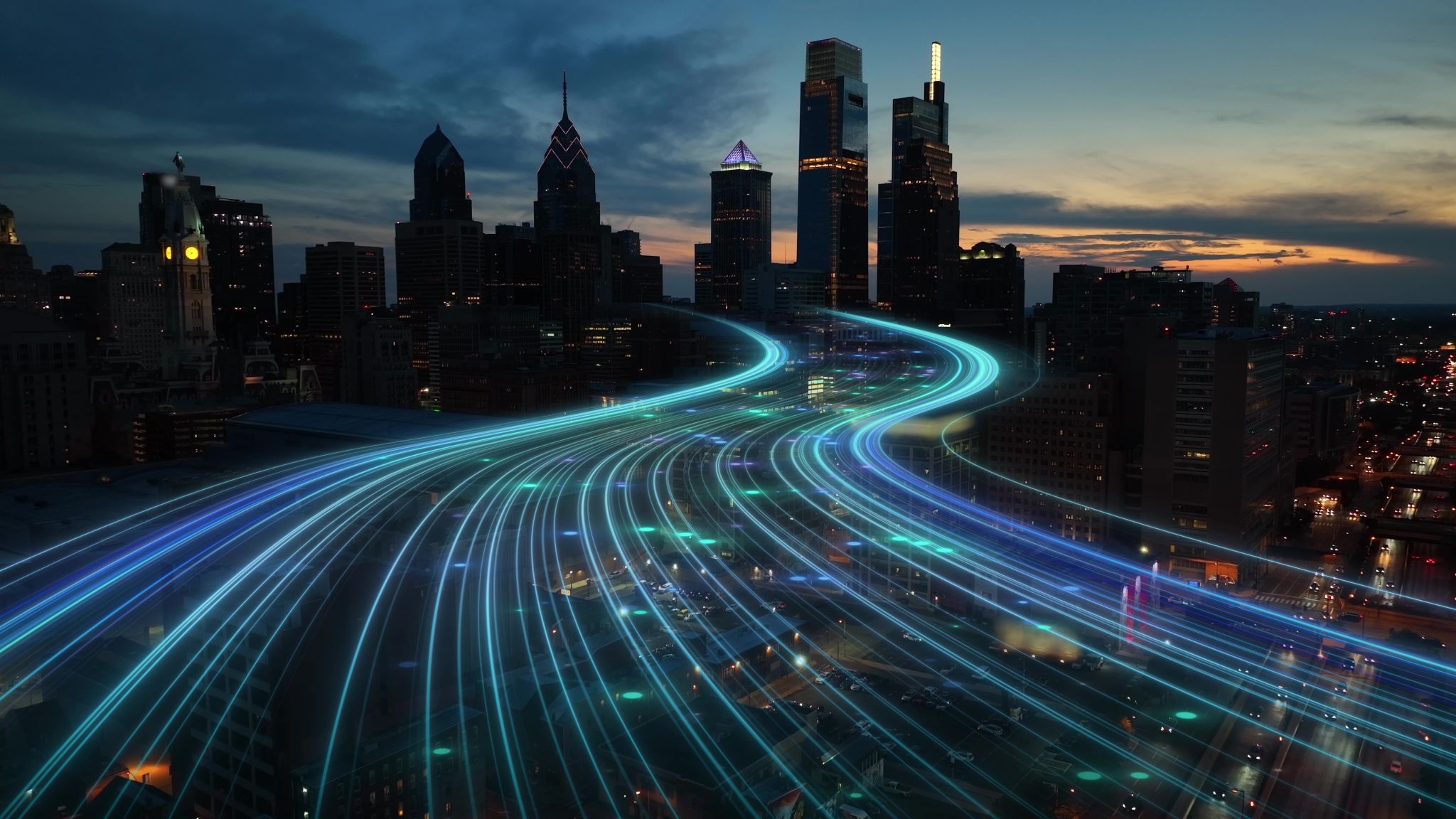How Technology is Revolutionizing the Transportation Industry
The Impact of Autonomous Vehicles
Autonomous vehicles, once a futuristic concept, are now becoming a reality. These self-driving cars are set to revolutionize the way we commute, offering increased safety and efficiency. With advanced sensors and machine learning algorithms, autonomous vehicles can navigate through traffic with minimal human intervention, reducing the likelihood of accidents caused by human error.
The introduction of autonomous vehicles into the transportation industry promises to significantly reduce congestion. By optimizing routes and maintaining consistent speeds, these vehicles can improve traffic flow and decrease travel times. Moreover, they offer the potential for increased accessibility for those unable to drive, such as the elderly or disabled.

Electric Vehicles: A Sustainable Future
The shift towards electric vehicles (EVs) is another transformative change in the transportation industry. As concerns about climate change and fossil fuel dependency grow, EVs offer a cleaner and more sustainable alternative. Major automotive manufacturers are investing heavily in electric technology, resulting in improved battery efficiency and increased range.
Governments worldwide are supporting this transition by providing incentives for EV purchases and investing in charging infrastructure. The widespread adoption of electric vehicles can lead to a significant reduction in carbon emissions, contributing to a healthier environment.

Infrastructure Development
With the rise of electric vehicles, there is a growing need for robust charging infrastructure. This includes not only public charging stations but also residential solutions that allow for convenient overnight charging. Innovations such as wireless charging pads are being developed to simplify the process further.
The Rise of Smart Transportation Systems
Smart transportation systems integrate technology to improve the efficiency and safety of transportation networks. This includes the use of sensors and data analytics to monitor traffic patterns and optimize signal timings. Such systems can dynamically adjust to changing conditions, reducing congestion and improving travel times.

Public Transport Innovations
Public transportation is also benefiting from technological advancements. Real-time tracking apps provide passengers with up-to-date information on bus and train schedules, improving the overall experience. Additionally, contactless payment systems have made it more convenient for commuters to pay fares.
Innovations like high-speed rail and hyperloop systems are pushing the boundaries of what's possible in public transport. These technologies promise to reduce travel times significantly, making long-distance commuting more feasible than ever before.
The Role of Artificial Intelligence
Artificial intelligence (AI) is playing a critical role in transforming transportation. From optimizing logistics routes to predicting maintenance needs, AI enhances operational efficiency across the board. AI-powered systems can analyze vast amounts of data quickly, providing insights that lead to better decision-making and resource allocation.

In summary, technology is revolutionizing the transportation industry in numerous ways. From autonomous and electric vehicles to smart systems and AI integration, these advancements are driving towards a future that is safer, more efficient, and environmentally friendly. As these technologies continue to evolve, they will undoubtedly reshape our daily commutes and how goods move around the world.
